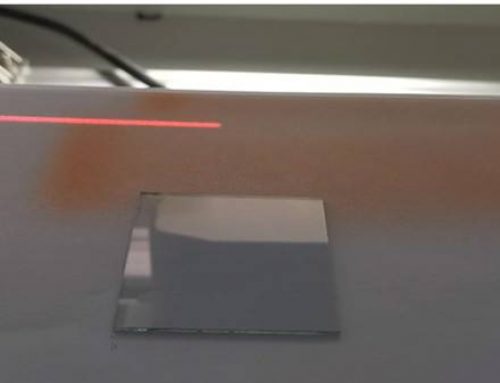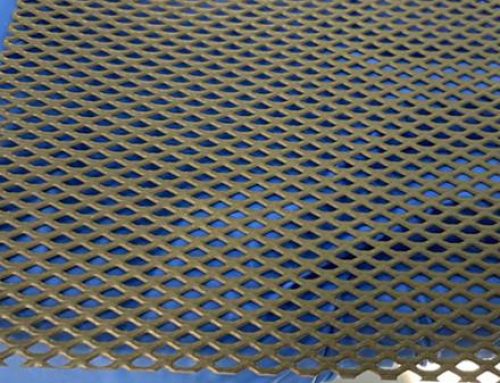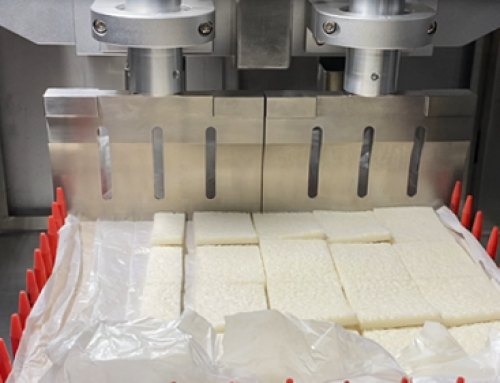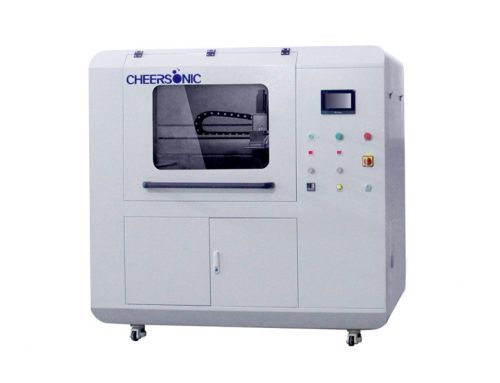Biological sensor
A biosensor is a detection instrument that detects the sensitivity of a biological substance by converting its concentration into an electrical signal. The biosensor has the functions of a receiver and a converter.
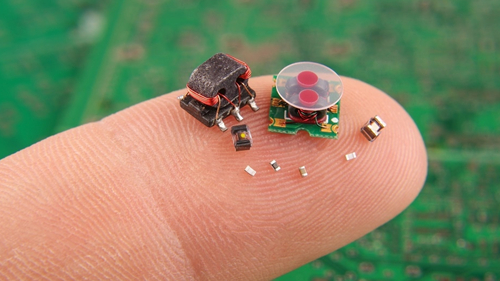
Types of biosensors
- According to molecular recognition elements or sensitive elements in biosensors, they can be divided into five categories: enzyme sensors, microbial sensors, cell sensors, tissue sensors and immune sensors. The sensitive materials used are enzymes, microbial individuals, organelles, animal and plant tissues, antigens and antibodies.
- According to the classification of biosensor transducers or signal converters: bioelectrode sensors, semiconductor biosensors, photobiosensors, thermal biosensors, piezoelectric crystal biosensors, etc., the transducers are electrochemical electrodes, semiconductors, and photoelectrics in this order. Converter, thermistor, piezoelectric crystal, etc.
- Classification according to the interaction between the measured target and the molecular recognition element: bioaffinity biosensor, metabolic or catalytic biosensor.
The three classification methods actually cross each other.
Biosensor applications
Biosensors are high and new technologies interpenetrated by various sciences including chemistry, biology, physics, medicine and electronic technology. It has high sensitivity, fast analysis speed, good selectivity, low cost, and can be continuously monitored online in a complex system, especially in the miniaturization and integration and high automation specific, which has made it vigorous in recent decades development of.
In the national economy, including chemical industry, food industry and pharmaceutical industry, clinical testing, biomedicine and environmental monitoring and other aspects have been widely applied prospects.
Advantages of ultrasonic spraying:
- Uniformity
- Controllable film
- Uniformity
If you are interested in ultrasonic spray biosensors, please contact: market2@cheersonic.com

